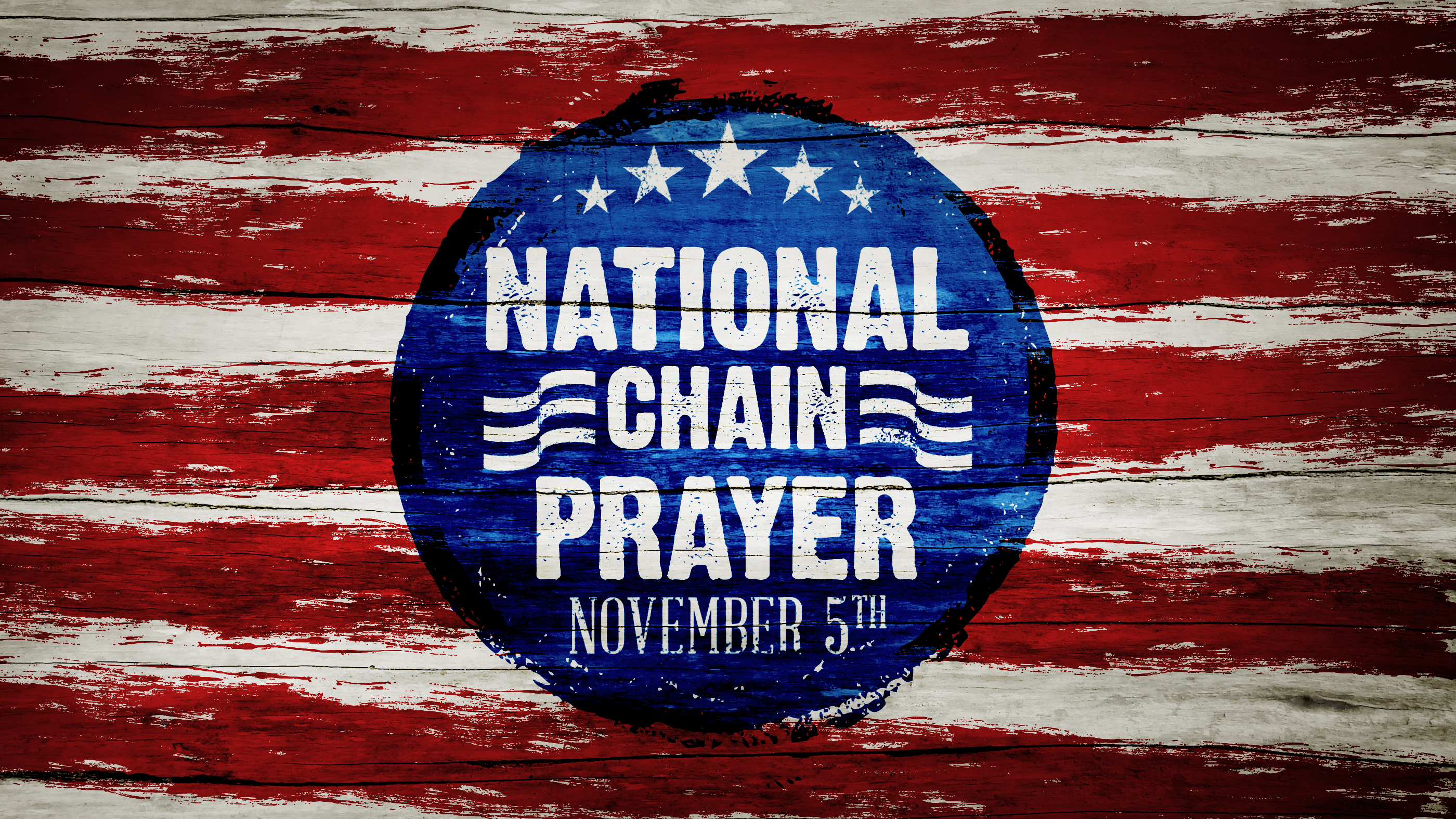It’s Not (Only) About Loving Homosexual Unions
There can be no doubt that one of the issues of our time is homosexuality, and the twin issue of gay marriage. As our Supreme Court is preparing to give a ruling any day now on this issue, our nation stands at a precipice many of us never thought we would see. In fact, historically, our nation would be the first to sanction homosexual marriage. After defining “conjugal” marriage as that between a man and a woman, Girgis, Anderson, and George write,
But history also shows that hostility to homosexually inclined people could not possibly have given rise to the conjugal view. The philosophical and legal principle that only coitus could consummate a marriage arose centuries before the concept of a gay identity, when the only other acts being considered were ones between a married man and woman. And even in cultures very favorable to homoerotic relationships (as in ancient Greece), something akin to the conjugal view has prevailed–and nothing like same-sex marriage was even imagined. (What is Marriage? Man and Woman: A Defense)
As the rhetoric grows and the tidal wave of influence continues to grow, we continue to see the emphasis on how all gays and lesbians desire is a strong, long-lasting, committed, and loving relationship. I am certain that, in some cases, that might be true. While homosexuality is clearly a sin (and we dare not back down from that truth, no matter the tide of culture), I have no doubt that some who wish to marry really do desire a life-long partnership, sinful though that union might be.
However, there are at least two reasons why we need to see through this rhetoric of this being about loving, committed unions.
First, statistics show that it just isn’t true. In fact, some studies show that a vast majority of gay men who wish to marry only want to do so for the “rights” and “benefits” that society offers, such as tax breaks. Among lesbians, there is more of a leaning toward life-long unions, but it is not exactly 100% (it’s more like 50-60%). A doctor named Bryce Christiansen wrote an article several years ago that states it well in the title: “Why Homosexuals Want What Marriage Has Now Become.”
But more than stats, the language being used betrays the homosexual agenda. Has anyone else noticed that, as homosexual marriage seems to be drawing more and more popularity, those who want this change have started changing their wording? While they often use “gay marriage” or “homosexual union,” they also have begun to talk about “GLBT rights.” Of course, those four letters stand for “gay, lesbian, bisexual, and transgender.”
Here is my question: If all this is about loving, committed relationships, how does bisexuality fit into that equation? How can one even know (or, better said, “think”) he or she is bisexual without having avoided true, lifelong, committed relationships?
Friends, I’m not one who always believes in the “slippery slope” argument. It is too often overused or overstated. But in this case, we are already seeing it before the issue of gay marriage even is decided upon by our nation. How long will it be before multi-partner marriages are also allowed, so that bisexuals can have these same “loving and committed” relationships?
I pray for our nation, and I fear that we are destroying ourselves by our own ravenous and selfish ways.
QUESTION: How can we lovingly but clearly make it plain that this is not only about “loving” and “committed” relationships?
—————
Photo credit: Les Chatfield on Creative Commons
To receive our blog posts via rss, click here. To subscribe via email (and get a free e-book), click here.
To sign up for our free monthly enewsletter (and get a free e-book), click here.
Click the banner to visit our publishing website




